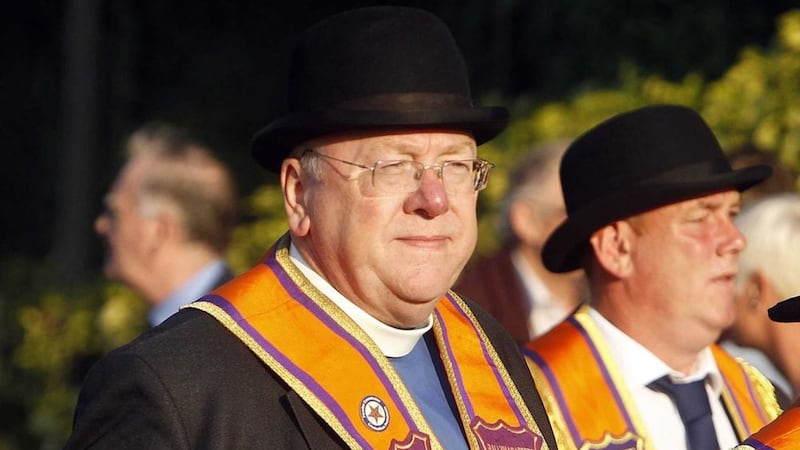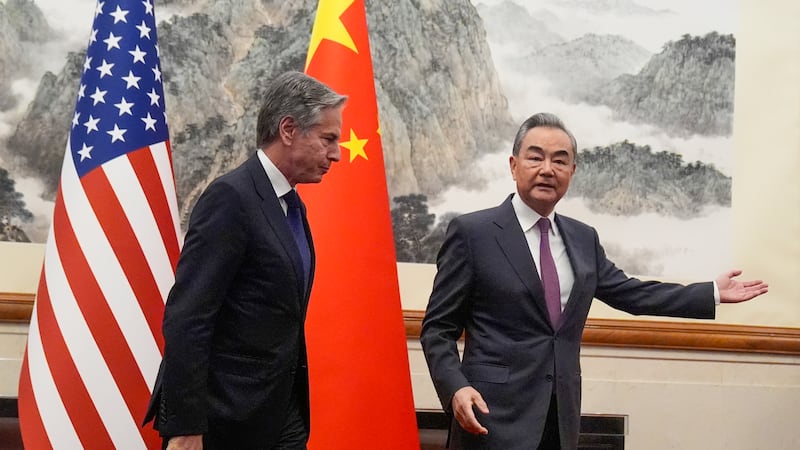THE Orange Order's grand secretary has dismissed speculation that the DUP has brokered a side deal with the Tories that would see concessions on parading.
In the aftermath of Monday's confidence and supply agreement between Theresa May and Arlene Foster's party, there has been concern that unwritten elements of the deal could favour the unionist community.
Both the SDLP and Alliance have spoken in recent weeks of their suspicions that the DUP and Conservatives could strike a deal that would lead to concessions on issues such as parading and legacy.
"What we don't know is what has been agreed tacitly," he writes.
"Anyone who believes that the written deal is all there is is a naïve fool."
Feeney claims "it will be years before all the grubby little side deals emerge".
But according to Orange Order grand secretary Mervyn Gibson, parading was never on the agenda in the London talks.
The Presbyterian minister, who earlier this year succeeded the late Drew Nelson as the loyal order's grand secretary, said he was not disappointed that parading did not figure in the confidence and supply deal because he never expected it to.
"We said from the beginning that the negotiations with the Conservatives were about getting the best deal for the United Kingdom and we didn't expect parading to be part of any arrangements," he said.
"Of course we've always advocated that all political parties work towards a settlement with regards to parades, but that's ongoing."
Former Parades Commission chairman Peter Osborne said he was unaware of any current plans to disband or reform the marching watchdog.
Mr Osborne, who now chairs the Community Relations Council, said parades legislation, while unpopular in some quarters, had "worked relatively well for nearly 20 years".
"Any change of the legislation would a need to set up similar structures - Parades Commission Mark II - and would also need to gain the confidence of people right across the community," he said.
"I honestly think there's a relative confidence in the legislation and the work of the commission across the community."
Mr Osborne said he was not aware of any side deals being struck and therefore had no concerns about the future of the Parades Commission.
"I don't think the issue is around the commission and its structures - the issue is what it's always been - that people need to engage and preferably come up with a solution so the Parades Commission doesn't have to get involved," he said.








